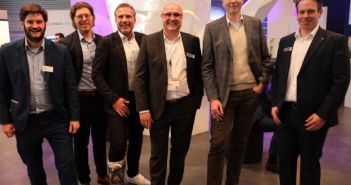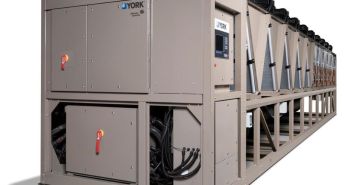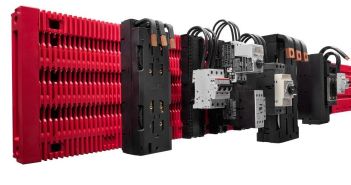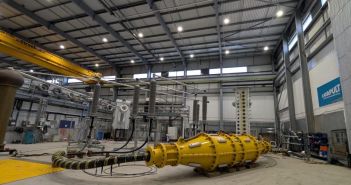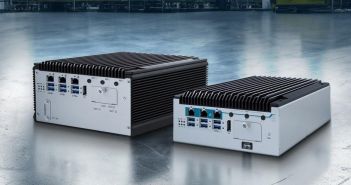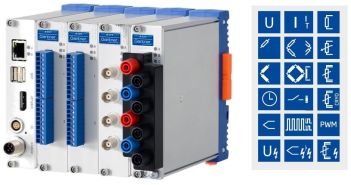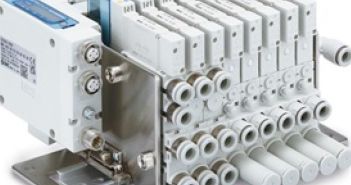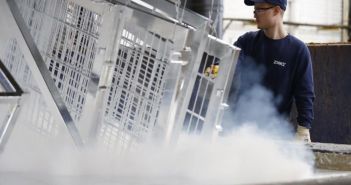HEINEKEN, the world’s most international brewery, has selected Siemens as its partner for its ambitious decarbonization program. The aim is to achieve net-zero in Scope 1 and 2 at all production sites by 2030. In collaboration with Siemens, HEINEKEN will utilize solutions and services from the Siemens Xcelerator portfolio to reduce energy consumption in over 15 breweries and malt houses worldwide.
HEINEKEN and Siemens collaborate to reduce energy consumption in breweries
HEINEKEN and Siemens have embarked on a collaborative effort to reduce energy consumption and carbon emissions in the brewing industry. Using a digital energy twin, they simulated and analyzed the energy usage in a typical brewery. The findings revealed that approximately 70% of the energy consumption is attributed to heating and cooling processes. By optimizing and monitoring the cooling and heating systems, Siemens estimates that energy savings of 15-20% and an average CO2 reduction of 50% can be achieved at each location.
Partnership between HEINEKEN and Siemens includes five-year performance and monitoring contract
The partnership between HEINEKEN and Siemens includes a five-year performance and monitoring contract. This allows Siemens to remotely monitor HEINEKEN’s breweries and ensure that the best solution is always in operation. The goal is to reduce dependence on steam generated from fossil fuels and electrify heat and cold generation using renewable energy.
HEINEKEN achieves significant CO2 reduction and renewable energy increase
HEINEKEN has been actively working towards reducing CO2 emissions for a long time. By the end of 2022, the company successfully reduced CO2 emissions in Scope 1 and 2 by 18% compared to 2018. At the same time, the proportion of electricity sourced from renewable energy increased to 58%. Achieving approval for its Net Zero targets from the Science Based Targets Initiative (SBTi) in 2023 marks a significant milestone for HEINEKEN, making it the first brewery worldwide to implement these goals.
HEINEKEN and Siemens have joined forces to pursue a sustainable production approach, employing innovative solutions to achieve their net-zero goals. This long-term partnership between the two companies will play a significant role in reducing energy consumption and CO2 emissions in the brewing industry, making a valuable contribution to climate protection.



